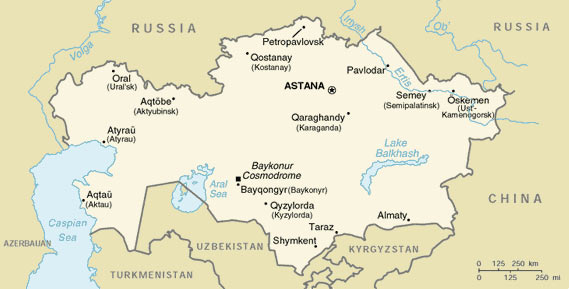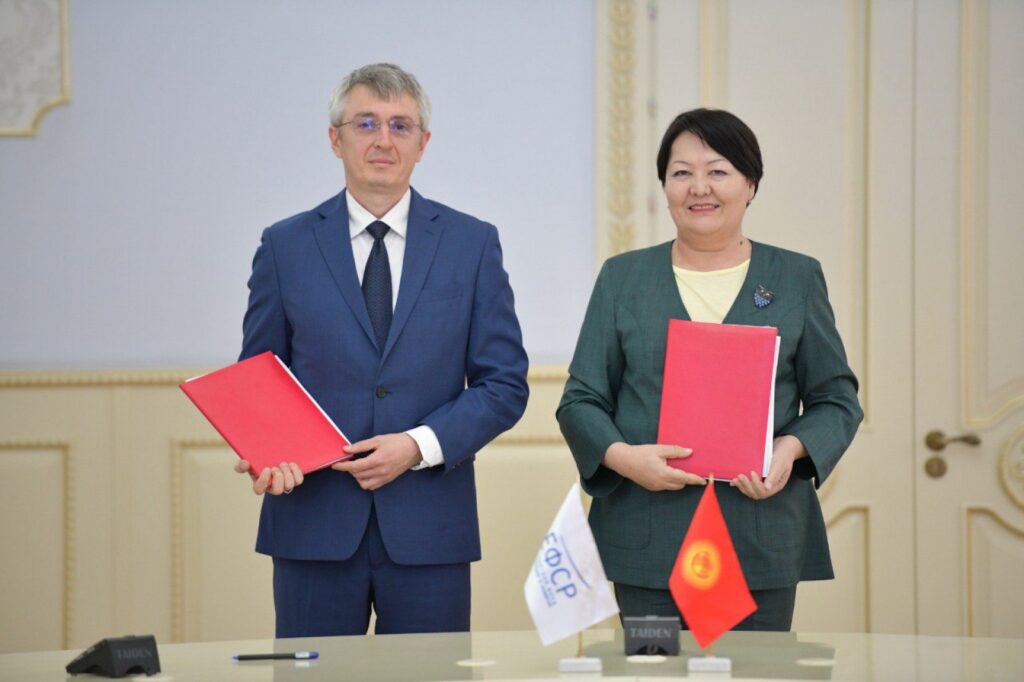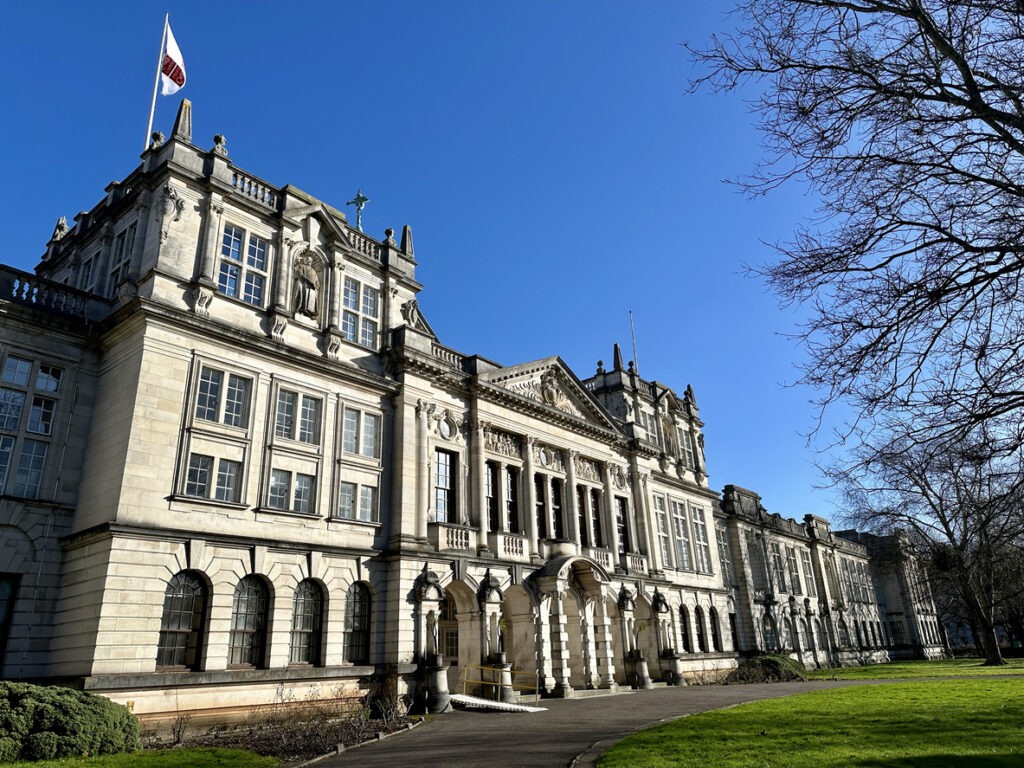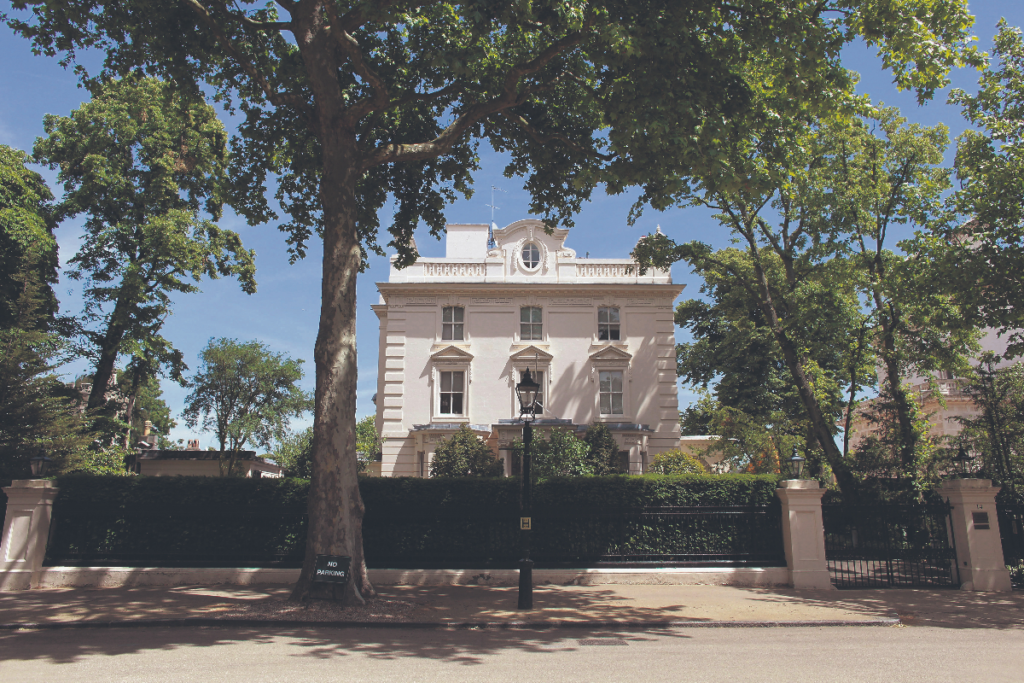ASTANA (TCA) — The World Bank’s Board of Executive Directors on March 1 approved US $67 million in financing to improve quality and equity in the primary and secondary education system in Kazakhstan. It is expected that over 2.6 million schoolchildren will benefit from a better learning curriculum and improved quality of teaching, especially in rural and disadvantaged schools in the country, the Bank said.
The Education Modernization Project aims to support implementation of the Kazakhstan State Program for Education and Science Development. Specifically, it will focus on ensuring high quality design of key components of education reform in Kazakhstan. This includes monitoring and evaluation of the new curriculum, improved alignment of the assessment system, improved teacher training and professional education and strengthening accountability through school inspections. The Project will target over 5,000 rural and disadvantaged schools and will reduce gaps in learning resources, helping students to get a better start in life.
“The Project will extensively benefit from the World Bank’s advice on international best practices. Of course, changes will not happen overnight, a gradual approach will include piloting, evaluation, refinement, and scaling up of key selected reforms. But in the long term, the Project is expected to enable individual students to obtain a higher earning potential and raise workforce productivity for the country,” said Ato Brown, World Bank Country Manager for Kazakhstan.
The five-year (2018-2022) implementation of the Project will start after the country approval process is completed.
The Project will be financed through a variable-spread US$67 million IBRD loan, with a 15-year maturity period and a 5-year grace period, with US$10 million in co-financing from the Government of Kazakhstan.









